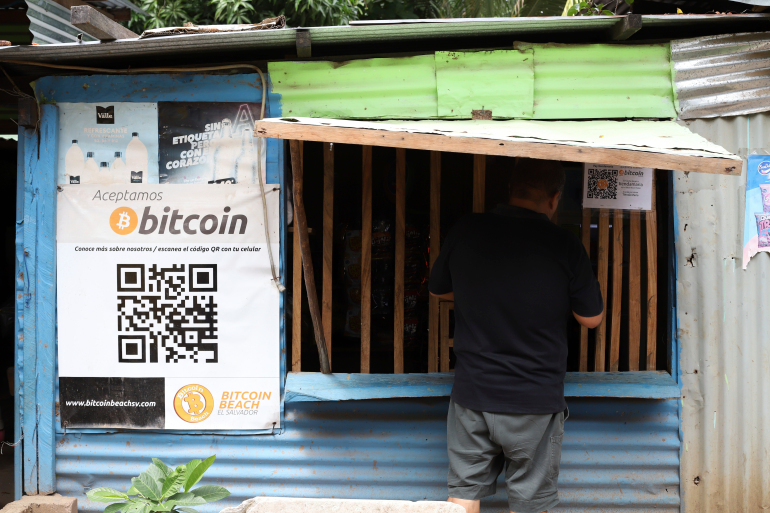THE WEEK IN NUMBERS
We gather the numbers to know from the week’s biggest economic news stories so you can impress yourself and your friends.
Gather round, folks, it’s that time of the week again. Many of you may be meeting up with family and friends you haven’t seen in a while after the isolation of the pandemic, which means you need some fascinating facts to sprinkle into all those new conversations.
This week’s topics range from El Salvador’s Bitcoin revolution to mass youth unemployment in Oman to a spike in child labour around the world and a slowdown in China’s birth rates. And who could forget the gold coin that smashed records by selling for $18.9m? Not exactly chump change!
So here’s our roundup of the week’s biggest numbers critical to keeping your convos with friends and loved ones interesting, worldly and maybe even fun. Remember fun?
7,000
That’s how many users Bitcoin Beach, a pilot crypto project in the small El Salvadoran beach town of El Zonte, has. And those numbers will likely grow after the Central American nation’s president announced it would become the first to use Bitcoin as legal tender this week.
Bitcoin Beach has been educating the community about how to use the digital currency in daily transactions, as Al Jazeera’s Kaelyn Forde reports, but there could be more to the Salvadoran president’s decision than meets the eye.
49 percent
That’s the staggering level Oman’s youth unemployment rate reached in 2019, according to figures from the World Bank.
Young people took to the streets last month to demand more economic opportunity just weeks after the country introduced austerity measures meant to offset Oman’s burgeoning debt. Al Jazeera’s Sean Mathews writes that what’s happening in Oman will likely spread to other petro-dependent Gulf economies battered by the collapse in oil prices that started in the early days of the coronavirus pandemic.
 A man makes a purchase at a small store that accepts Bitcoin near the southern coast of El Salvador [File: Salvador Melendez/Reuters]
A man makes a purchase at a small store that accepts Bitcoin near the southern coast of El Salvador [File: Salvador Melendez/Reuters]160 million
Strangely enough, as youth unemployment has skyrocketed in some regions, so has child labour – a rise unseen in nearly two decades. A new report from the United Nations this week found that about 160 million children around the world are working – up 8.4 million over the last four years. The numbers are “a wake-up call,” the chief of the International Labour Organization said.
The loss of work or income for a parent or guardian and school closures have pushed millions of kids into the workforce, and the problem could get worse if governments don’t act.
1.3 births
The level China’s fertility rate per woman slowed to in 2020, despite Beijing loosening its stringent one-child policy and allowing families to have up to three kids. But as Al Jazeera’s Michael Standaert reports this week, the birth rate is likely to hover around that level unless Chinese authorities make it easier for families to…
Read more:Bitcoin Beach, child labour, Oman’s youth and an $18.9M coin







